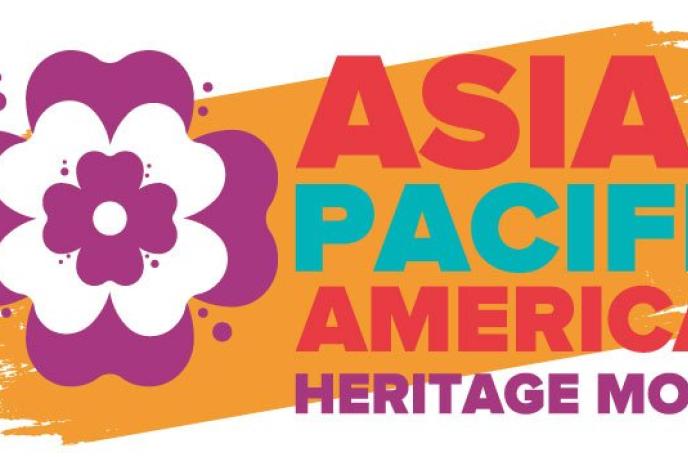(Already read Part I? Jump ahead to Part II.)
Part I: Background History
“Meck Dec Day” is an annual celebration in Charlotte, North Carolina in observance of the alleged first declaration of independence against British rule. North Carolina’s flag even references the document's creation date, May 20, 1775. It has long been debated whether the document is authentic or if it is a misinterpretation of the Mecklenburg Resolves.
For the believers, it was created by approximately 25 leading Mecklenburg citizens who had gathered at the Courthouse on May 19, 1775 to discuss the troublesome relationship between England and the American Colonies. Each local militia company sent two representatives to the courthouse. Relations between the colonies and the mother country had reached crisis in Boston, Massachusetts, following the 1774 passage of the Coercive Acts by the British Parliament.
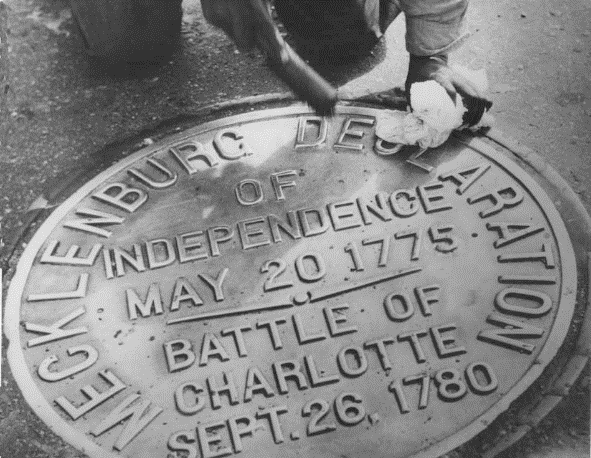
During the meeting in Mecklenburg County, the delegates received official news that the Battle of Lexington was fought in Massachusetts just one month earlier. Outraged by this turn of events, the delegates unanimously passed the following resolutions at about 2:00 a.m. on May 20:
1. Resolved, That whosoever directly or indirectly abetted, or in any way, form, or manner, countenanced the uncharted and dangerous invasion of our rights, as claimed by Great Britain, is an enemy to this County, to America, and to the inherent and inalienable rights of man.
2. Resolved, That we the citizens of Mecklenburg County, do hereby dissolve the political bands which have connected us to the Mother Country, and hereby absolve ourselves from all allegiance to the British Crown, and abjure all political connection, contract, or association, with that Nation, who have wantonly trampled on our rights and liberties and inhumanly shed the innocent blood of American patriots at Lexington.
3. Resolved, That we do hereby declare ourselves a free and independent people, are, and of right ought to be, a sovereign and self-governing Association, under the control of no power other than that of our God and the General Government of the Congress; to the maintenance of which independence, we solemnly pledge to each other, our mutual cooperation, our lives, our fortunes, and our most sacred honor.
4. Resolved, That as we now acknowledge the existence and control of no law or legal officer, civil or military, within this County, we do hereby ordain and adopt, as a rule of life, all, each and every of our former laws - where, nevertheless, the Crown of Great Britain never can be considered as holding rights, privileges, immunities, or authority therein.
5. Resolved, That it is also further decreed, that all, each and every military officer in this County, is hereby reinstated to his former command and authority, he acting conformably to these regulations, and that every member present of this delegation shall henceforth be a civil officer, viz. a Justice of the Peace, in the character of a 'Committee-man,' to issue process, hear and determine all matters of controversy, according to said adopted laws, and to preserve peace, and union, and harmony, in said County, and to use every exertion to spread the love of country and fire of freedom throughout America, until a more general and organized government be established in this province.
6. That a copy of these resolutions be transmitted by express to the President of the Continental Congress assembled in Philadelphia, to be laid before that body. The signers were reported to include:

The document in question was written by John McKnitt Alexander, clerk of the meeting. If the story is true, the Mecklenburg Declaration preceded the United States Declaration of Independence by more than a year. The unfortunate part is that there was no contemporary publication of the document.
In 1938, the Signers Chapter of the Daughters of the American Revolution (DAR) marked the graves of the signers to honor them.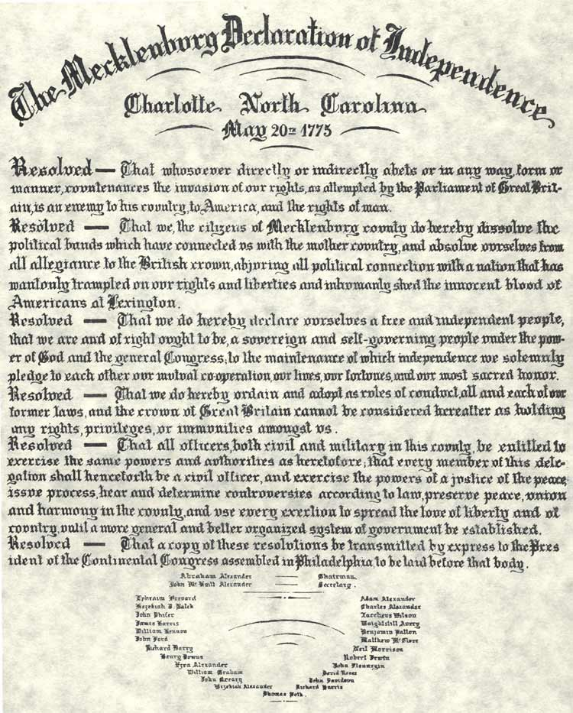
A few days after the adoption of the Mecklenburg Declaration, Captain James Jack of Charlotte was sent to the Continental Congress in Philadelphia. Jack carried a copy of the resolves and a letter asking North Carolina's congressmen to have the Mecklenburg proceedings approved by Congress. The North Carolina congressional delegation -- Richard Caswell, William Hooper and Joseph Hewes -- told Jack that, although they supported what was done, it was premature to discuss a declaration of independence in Congress.
 Interestingly enough, Jack’s ride was documented in Moravian texts, which recounted the dates he traveled through Salem. The document has not yet been found among the papers of Caswell, Hooper or Hewes.
Interestingly enough, Jack’s ride was documented in Moravian texts, which recounted the dates he traveled through Salem. The document has not yet been found among the papers of Caswell, Hooper or Hewes.
The original document was burned in 1800 when the home of Alexander, named Alexandriana, burned down. There is no verifiable evidence to confirm the original document's existence and no reference to it has been found in extant newspapers from 1775.
The Mecklenburg Declaration of Independence was first published on April 30, 1819 in an article written by Dr. Joseph McKnitt Alexander in the Raleigh Register and North Carolina Gazette, of Raleigh, North Carolina. “It is not probably known to many of our readers,” wrote the editor of the Raleigh Register in an introduction to the article, "that the citizens of Mecklenburg County, in this State made a Declaration of Independence more than a year before Congress made theirs."
The early government of North Carolina, convinced that the Mecklenburg Declaration was genuine, maintained that North Carolinians were the first Americans to declare independence from Great Britain. As a result, both the seal and the flag of North Carolina bear the date of the declaration.
Enjoying reading about the Mecklenburg Declaration of Independence? Stay posted for the next installment of this four-part series on Monday, May 15, 2019.



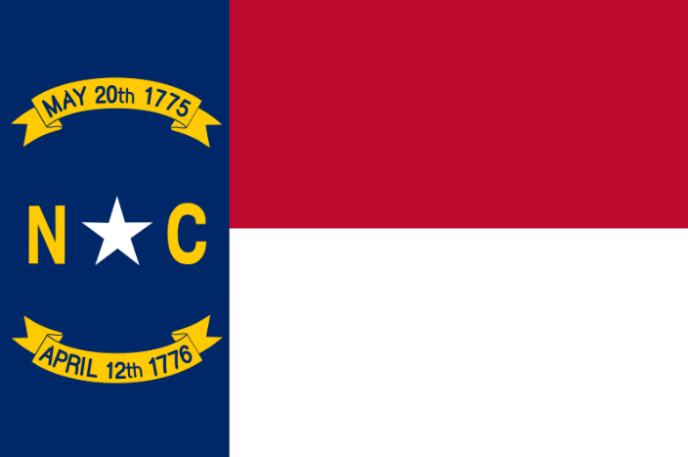



 Interestingly enough, Jack’s ride was documented in Moravian texts, which recounted the dates he traveled through Salem. The document has not yet been found among the papers of Caswell, Hooper or Hewes.
Interestingly enough, Jack’s ride was documented in Moravian texts, which recounted the dates he traveled through Salem. The document has not yet been found among the papers of Caswell, Hooper or Hewes.
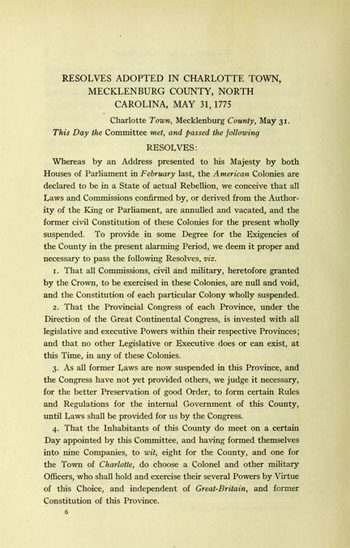 This document adopted a set of radical resolutions that fell short of an actual declaration of independence. The Resolves proclaimed that "all Laws...derived from the Authority of the King or Parliament, are annulled and vacated," and that the Provincial government "under the Great
This document adopted a set of radical resolutions that fell short of an actual declaration of independence. The Resolves proclaimed that "all Laws...derived from the Authority of the King or Parliament, are annulled and vacated," and that the Provincial government "under the Great 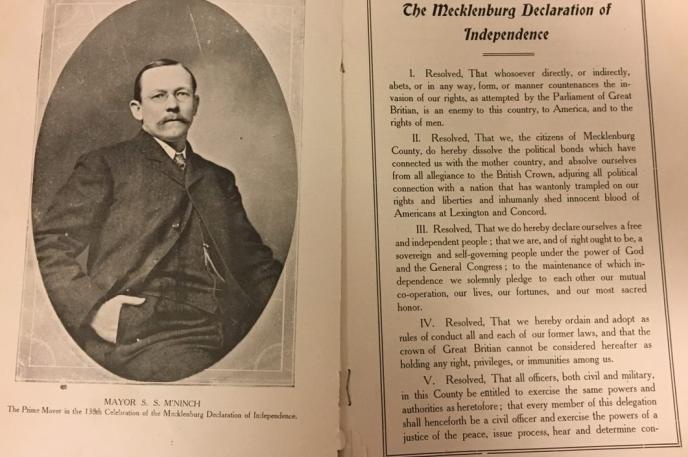
 Former President
Former President 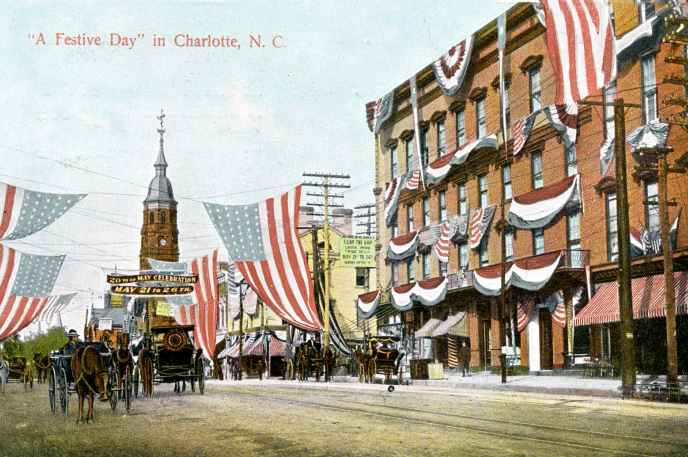
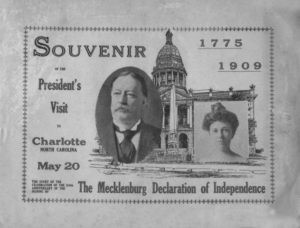
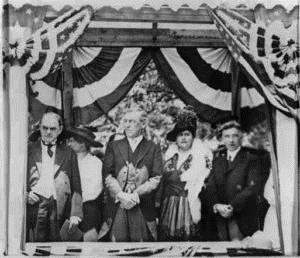
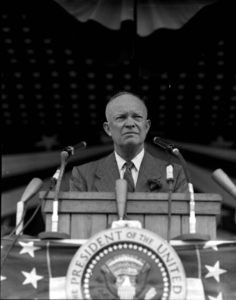


 WELCOME! – The fun begins with an awe-inspiring collection of MR. POTATO HEAD parts and accessories as well as an anthology to depict the character’s wild adventures.
WELCOME! – The fun begins with an awe-inspiring collection of MR. POTATO HEAD parts and accessories as well as an anthology to depict the character’s wild adventures.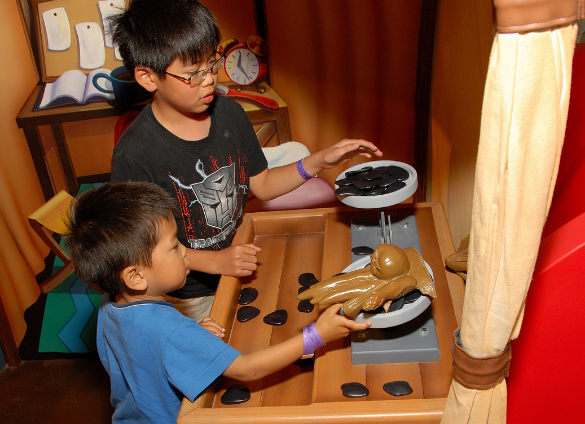 SPUD QUEST – While on an archeological dig in search of the statue of King Tato, visitors will need to decipher “tatoglyphs” and solve mazes to find the statue’s secret caché. Guests will use special maps to explore the treasure chamber and excavate the dig site to uncover fun artifacts from the King’s past, while reconstructing the King’s crown and weighing the discoveries in MR. POTATO HEAD’s research tent.
SPUD QUEST – While on an archeological dig in search of the statue of King Tato, visitors will need to decipher “tatoglyphs” and solve mazes to find the statue’s secret caché. Guests will use special maps to explore the treasure chamber and excavate the dig site to uncover fun artifacts from the King’s past, while reconstructing the King’s crown and weighing the discoveries in MR. POTATO HEAD’s research tent. SPUD SAFARI – While roaming jungles with MR. POTATO HEAD, visitors can enjoy a pretend mudslide or venture inside a cave in search of mysterious objects. Guests should listen carefully to identify sounds in the jungle, discover camouflaged and hidden creatures, and gain a different perspective when they use special lenses and cameras to see the world through the eyes of silly birds, bugs and animals.
SPUD SAFARI – While roaming jungles with MR. POTATO HEAD, visitors can enjoy a pretend mudslide or venture inside a cave in search of mysterious objects. Guests should listen carefully to identify sounds in the jungle, discover camouflaged and hidden creatures, and gain a different perspective when they use special lenses and cameras to see the world through the eyes of silly birds, bugs and animals. The summer exhibit at ImaginOn is funded through the Charlotte Mecklenburg Library’s Humanities Endowment Fund, with support from the National Endowment for the Humanities.
The summer exhibit at ImaginOn is funded through the Charlotte Mecklenburg Library’s Humanities Endowment Fund, with support from the National Endowment for the Humanities.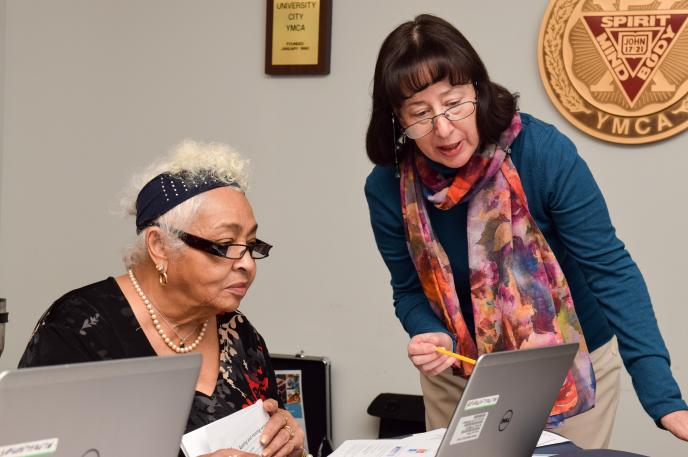
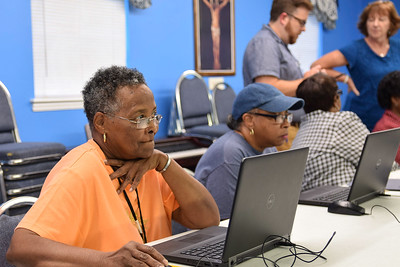 While the Library offers numerous programs to help with digital literacy, this program is unique. DigiLit Community takes the curriculum, staff and devices into the community to reach those who may face barriers in accessing a traditional library facility and program. Thanks to a new gift from the Van Every Foundation to support two portable computer labs, DigiLit will be in the community even more.
While the Library offers numerous programs to help with digital literacy, this program is unique. DigiLit Community takes the curriculum, staff and devices into the community to reach those who may face barriers in accessing a traditional library facility and program. Thanks to a new gift from the Van Every Foundation to support two portable computer labs, DigiLit will be in the community even more. It also offers a structured sequential curriculum (as opposed to a one-time class) and individualized practice time to make the sessions relevant to the student's needs.
It also offers a structured sequential curriculum (as opposed to a one-time class) and individualized practice time to make the sessions relevant to the student's needs.
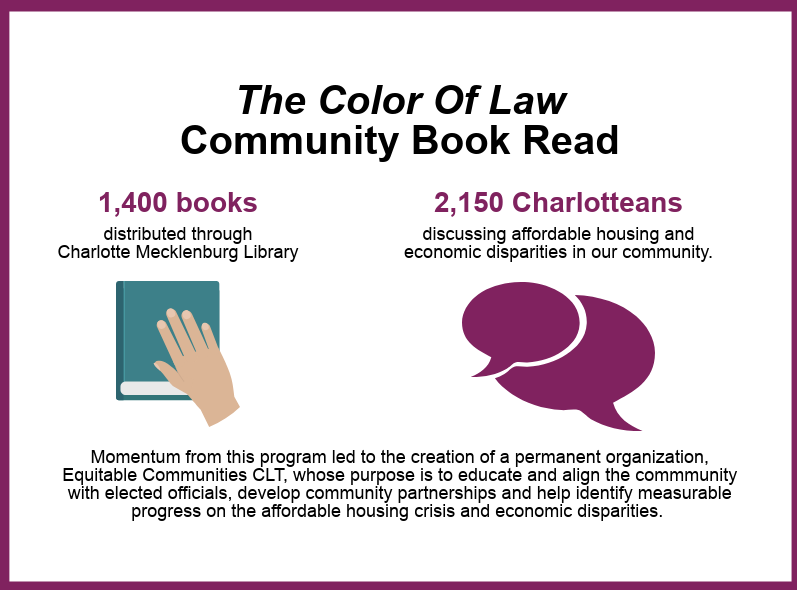 On a Monday winter night in January, 1,200-1,500 people of various racial, socioeconomic, age, and ZIP code backgrounds packed into a congregation and overflow of First Baptist Church West to see Richard Rothstein and local community members discuss our affordable housing crisis and Rothstein’s book The Color of Law, detailing our government’s segregation of our nation. This response doesn’t occur without Charlotte Mecklenburg Library freely distributing the book at their various regional locations throughout the community.
On a Monday winter night in January, 1,200-1,500 people of various racial, socioeconomic, age, and ZIP code backgrounds packed into a congregation and overflow of First Baptist Church West to see Richard Rothstein and local community members discuss our affordable housing crisis and Rothstein’s book The Color of Law, detailing our government’s segregation of our nation. This response doesn’t occur without Charlotte Mecklenburg Library freely distributing the book at their various regional locations throughout the community.